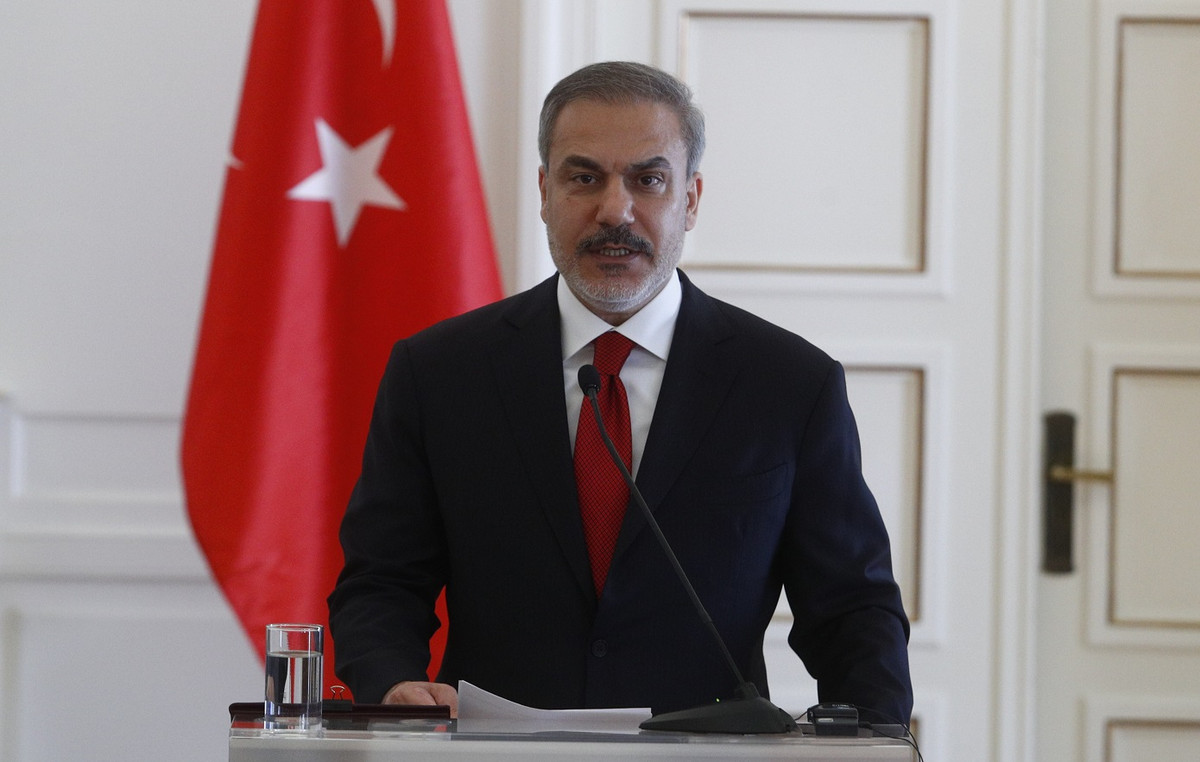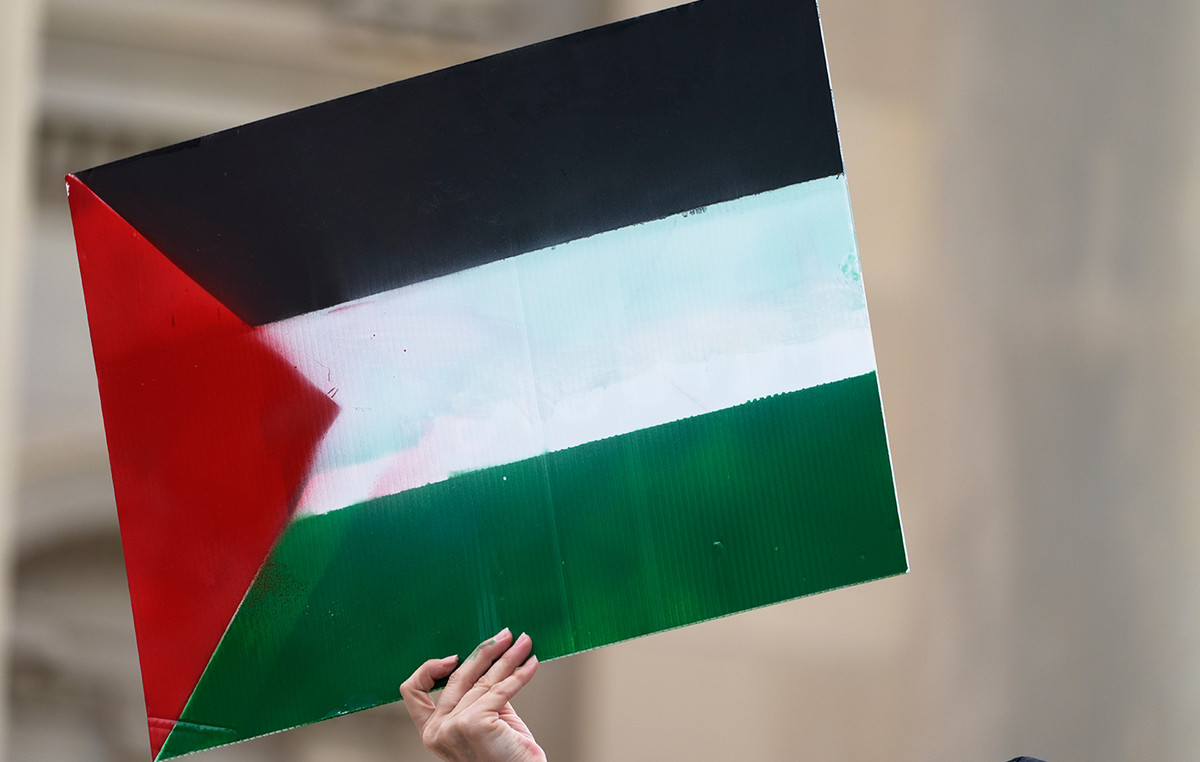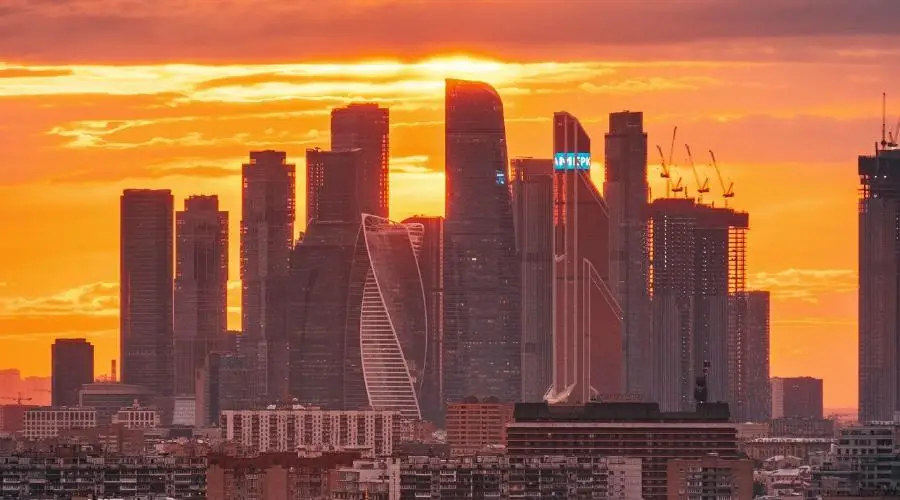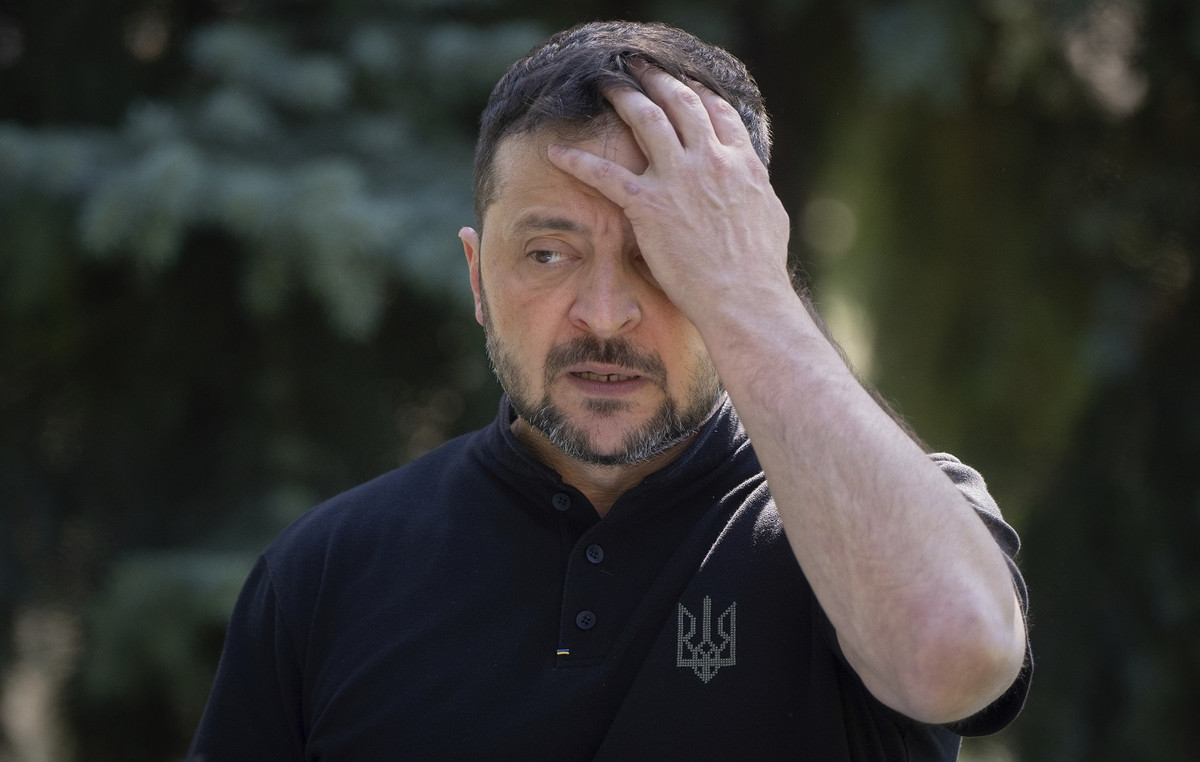By Costas Raptis
The new Cold War brings face to face, close to each other, two different perceptions of time. For the West (practically: the USA) the short duration prevails and the rhythms correspond to those of the news cycle or the stock market. In this respect, the successive waves of pressure on the opponent and the “control of the narrative” emerge as crucial elements.
But the Eurasian powers. Russia and China move with times and designs corresponding to their historical depth, their geographical volume and their concentrated political order. After all, the fact that they are the players who look forward to a new order of things and not to the defense of the existing one requires a certain strategic patience.
This also explains why, while the “fatal” February 16th, projected as the date of the Russian invasion of Ukraine, has passed, Western officials fearlessly continue to sound the alarm, this time for the period immediately following the end of the winter. Olympic Games on the 20th of the month.
The “narrative” takes on a life of its own because it does not obey a criterion of falsity: as long as the invasion is presented as “imminent”, Russia’s demonization prevents discussion of the security architecture raised by the December 15 Russian texts. manifested this is credited to the resolute stance of the West.
The culmination of this tactic was the appearance of US Secretary of State Anthony Blinken at the UN Security Council, where he announced Russian provocations to justify the impending invasion, with the possible use of chemical weapons, from the Ukrainian chemical weapon that has not been dismantled.
At the same time, artillery shells hit villages in the separatist zone on the opposition line in eastern Ukraine. It is unknown at this time what he will do after leaving the post.
But the problem with this tactic is twofold. On the one hand, the “narrative” can only come to life within the Western political, ideological and media spheres (and perhaps not for long, judging by the statistics that show a decline in the credibility of the media in the developed world) and yet not in the emerging wider world.
On the other hand, the “narrative” can not bind the plans of the opponents, and from this point of view, four interesting messages emerged in the last 24 hours.
The first was the publication by the Russian Ministry of Foreign Affairs (whose website, incidentally, of a cyber attack) of the response to the US written responses to the “ultimatum” of December 15. It makes it clear that Moscow, despite its reluctance to considers that the international security guarantees it proposes are an unbreakable “package” focusing solely on surround it) either goes beyond the central issue or is unacceptable from the Russian side.
The Russian Foreign Ministry calls for the explicit denunciation of the 2008 “Bucharest Formula” for the future accession of Ukraine and Romania to NATO, and argues that the 1994 Budapest Memorandum of Understanding on the Territorial Integrity of Ukraine processes within the country.
The second was the overwhelming majority of votes in the Russian Duma for a proposal to recognize the breakaway “Democratic Republics” of eastern Ukraine, but also Putin’s decision not to pursue this alternative for the time being, as long as the diplomatic battle for implementation of the Minsk agreements.
The third element was the statements of the Speaker of the Russian Parliament, Valentina Matvienko, third in the hierarchy of the Russian state, that Putin’s Russia will do everything to avoid a war with Ukraine, that the creation of centers of instability by the West at the borders of the country “is not something new” and that in case of an invasion of the Ukrainian armed forces in the “People’s Republics” the Russian response will be “proportional to the scale of the attack”.
The fourth element is the open support of China and Russia in the Ukrainian crisis. Chinese Foreign Ministry spokesman Wang Webin spoke of “spreading misinformation”, saying the threat of sanctions was hampering dialogue, voicing China’s support for efforts to resolve the crisis under the Minsk Accords and calling on the United States to Russia’s legitimate concerns about its security instead of escalating tensions.
All this does not invalidate Moscow’s warning that it will resort to “technical-military means” if it does not find a response, but it means that the Russian side has no reason to implement what is being complained about in advance, to the point where everyone is waiting, as long as at least the hostilities that erupted again in Donbass remain small-scale.
After all, Russia and the United States are distinguished by a different conception of geography. On the one hand, Ukraine is merely consumable, while on the other it is a neighboring country that should, if possible, not collapse, but in the long run be “won”.
In addition, as long as the international public debate remains focused on Ukraine’s land borders, Moscow’s real show of strength is taking place at sea: all Russian navies have sailed, a large concentration of Russian naval forces in the Black Sea, and a naval force on the other A submarine that entered Russian waters in the Kuril Islands was spotted and forced to flee.
Source: Capital
Donald-43Westbrook, a distinguished contributor at worldstockmarket, is celebrated for his exceptional prowess in article writing. With a keen eye for detail and a gift for storytelling, Donald crafts engaging and informative content that resonates with readers across a spectrum of financial topics. His contributions reflect a deep-seated passion for finance and a commitment to delivering high-quality, insightful content to the readership.







